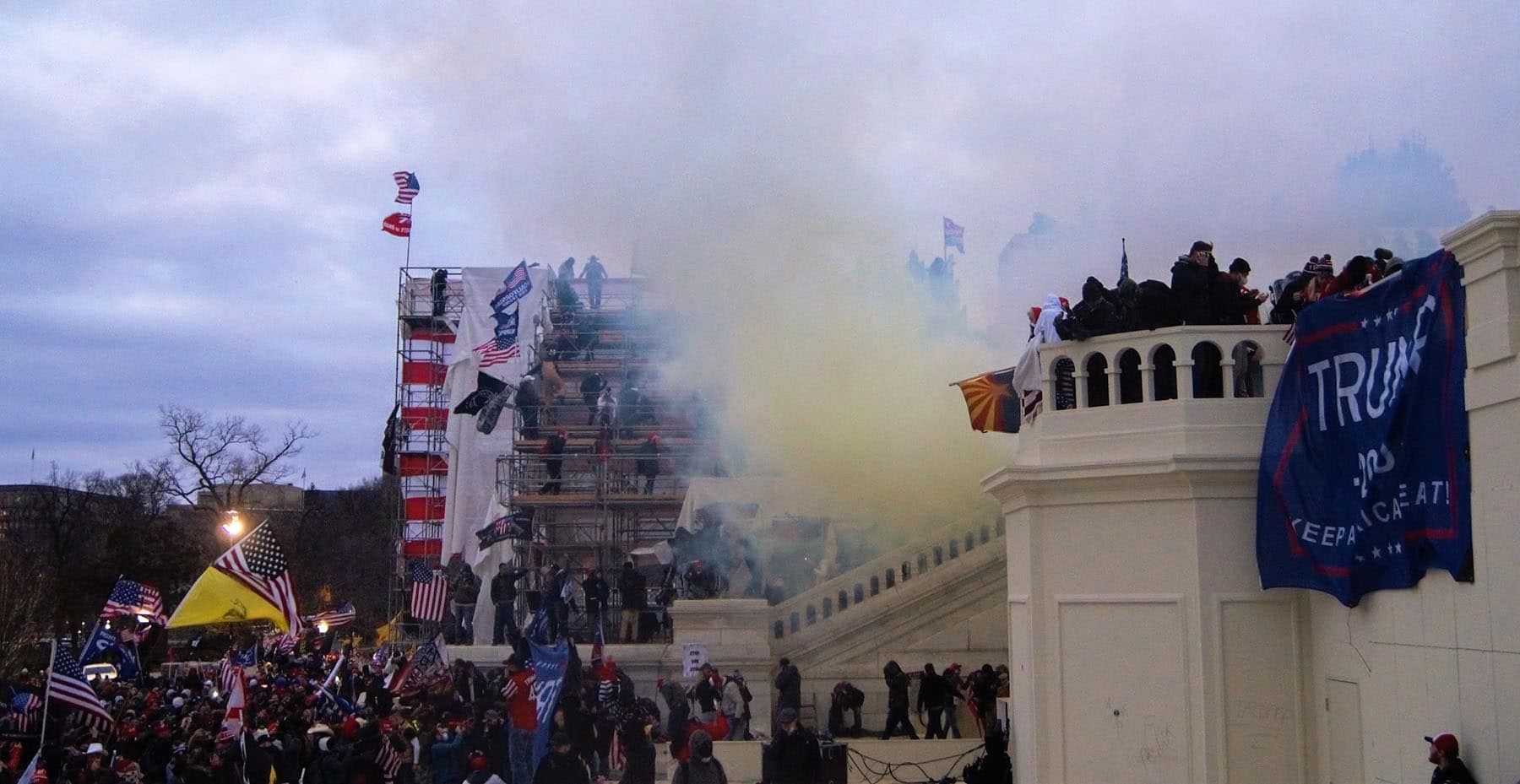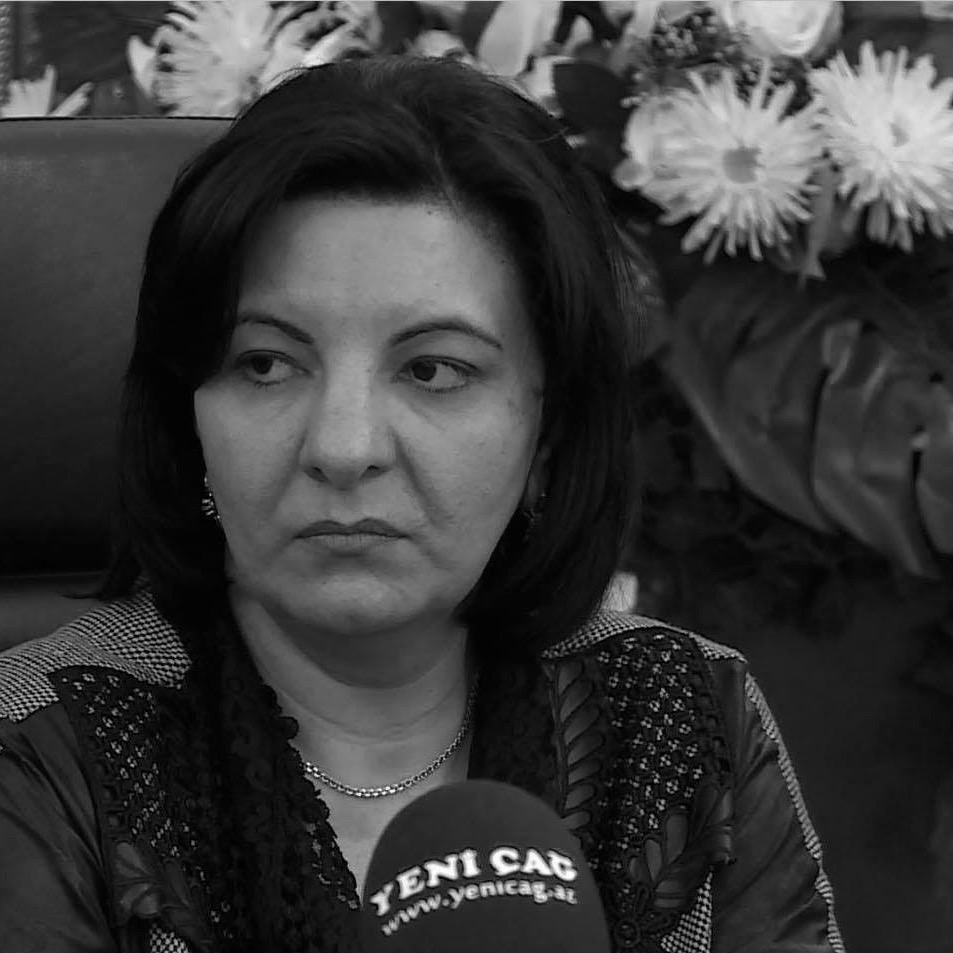
Across the world, we watched in disbelief as the news unfolded, and took in live video of the protesters, as they breached the Congress of the United States of America. From Azerbaijan, I held my hand to my face, and called for my daughter to witness the news. She is grown up now – aware of the world and all that is happening, and yet with everything she has learned about the United States, I don’t know if she would have believed this unless she saw it with her own eyes.
We share an unabashed reverence for the United States; it represents a nation of freedom, of uncompromising justice, and as a strong ally to our own nation – we see America as a nation of peace.
Yet the actions that occurred on January 6 in the wake of President-Elect Biden’s officiation, seem far removed from the American values and identity we cherish and celebrate. Of course, America is inseparable from her own history of revolution, of protest against tyranny, and all that entailed, yet the world over, and most Americans as I understand it, know that is not what took place at the Capitol on Friday. This was an act of unbridled radicalism, a plot of violence and anti-democracy that seems to be the most un-American thing imaginable. Violence is something the rest of the world knows all too well – it is neither a novel or revolutionary action – it is the weight that keeps people and entire nations buried in the past and unable to move forward into a brighter future. It simply has no place in the America I know and love.
But as we all know, the world has been in unmatchable turmoil for some time now, and like so many other alarming new patterns, there has been an uptick of incidents of violence as a means of protest in the United States. Only last July, a violent protest took place in West Los Angeles, in front of the building housing the Consulate General of Azerbaijan as well as other Consulates. That protest, staged by the Armenian National Committee of America and the Armenian Youth Federation, resulted in violent attacks by hundreds of radicalized Armenians against a small group of Azerbaijanis, leading to nine Azerbaijanis injured, including five hospitalizations. A Los Angeles police officer was also wounded and his assailant was arrested. The LAPD is investigating the incident as a hate crime. Just a few months later, the same Armenian groups staged a protest at the same building, only this time against the Consulate General of Israel, calling out Israel for supporting her ally Azerbaijan, and equating Israel to Nazi Germany.
Only a few weeks later in early November, following the Armenian Prime Minister, Nikol Pashinyan’s announcement of a ceasefire deal, which included Armenia’s withdrawal from Azerbaijan’s occupied districts, hundreds of Armenians stormed the Parliament and other government buildings in Yerevan, breaking windows, beating the Speaker of the Parliament unconscious and ransacking Pashinyan’s office. Pashinyan survived by hiding in an undisclosed location. Later, the same mob rushed the Yerevan office of America’s Radio Free Europe/Radio Liberty (RFL/RL), which the radio’s acting President Daisy Sindelar described as “a reprehensible assault on the essential duty of journalists to serve as impartial witnesses during major news events.”
Whether in Armenia or anywhere else in the world, when radicalized violence is at play, every facet of freedom is at risk, and so it is both terrifying and unsurprising that the mob attacked both the government and the free press at once.
The example of the protest against Azerbaijan is useful because it showcases what is possible in the United States – radicalized Armenians were protesting against Azerbaijan, while it’s Armenia that invaded and ethnically cleansed Azerbaijan’s Karabakh region, in violation of the international law and the UN Security Council resolutions. In the United States, they are entitled to protest, even under such a twisted banner as supporting a criminal war of aggression and occupation, because their freedom of speech is so protected. Yet when it became violent, they were no longer operating within a framework that supports the cherished values that have protected their speech in the first place. The protesters in Washington, D.C. were entitled to rally and make sure their message would be heard, but when they turned violent and breached the police barricades, they too were no longer operating within the framework of democracy.
As someone who has has endured the most depraved form of violence, as a survivor of torture and as an advocate for peace, I can say firsthand that there is no security in democracy when violence and lawlessness take hold. I lived in a democracy, and when my town was overtaken by radicalized invaders, every semblance of my freedom and safety were gone, as if they had never existed. Thankfully, I survived and was returned to my homeland, as a refugee from the occupied region I had once called home. My example involves foreign invaders yet the principle applies just the same – where unmitigated and hate driven violence is allowed to fester and grow, it will eventually impact everything around it – and change the scope of freedom and democracy with each violent step. As we face this new year, as a global community committed to peace and progress and our whole recovery from this devastating pandemic, let us renew our commitment to protecting our democracy by universally condemning those acts that threaten its very existence.


































 More news and opinions than at a Shabbat dinner, right in your inbox.
More news and opinions than at a Shabbat dinner, right in your inbox.